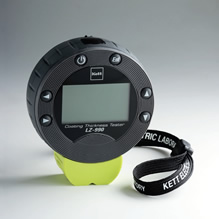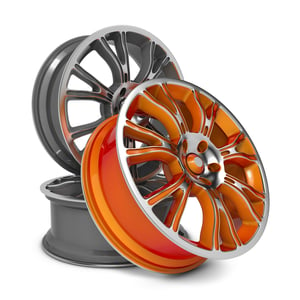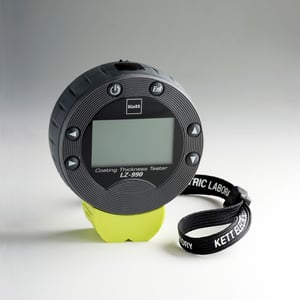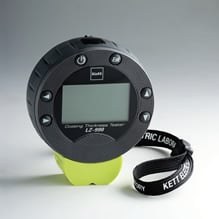 Approximately 40 million used cars are sold in the US each year, and consumers average about 6.75 years between each car purchase.The used car industry is an ever-expanding market, and with so much growth, it can be hard to know when you are finding a great deal on a like-new used car, and when you should walk away.
Approximately 40 million used cars are sold in the US each year, and consumers average about 6.75 years between each car purchase.The used car industry is an ever-expanding market, and with so much growth, it can be hard to know when you are finding a great deal on a like-new used car, and when you should walk away.
There are several benefits to buying a used car - especially a slightly used, “like-new” car - and doing so can save you a lot of money on the car itself when you factor in depreciation, as well as diminishing registration fees, and even no sales tax, if you’re buying from a private seller. Especially when buying a certified pre-owned vehicle, you can find decent financing, and have the option of some great manufacturer’s warranties that may make buying a used car worth your while.
But there are hidden dangers with buying a used vehicle as well. Underlying issues can arise soon after you drive your "new-to-you" car off the lot, and there’s little you can do. If you’ve purchased your car from a private owner, or you’ve found your "new-to-you" car at an auto auction, chances are you’re out of luck when paint starts to wear or you discover hidden issues that are the result of an old collision.
When purchasing a used car, a coating thickness gauge can be your best friend, helping you determine which cars have issues that might end up souring a sweet deal.
Expose Thinned or Re-Covered Paint Surface
Until the creation of the coating thickness gauge, many car buyers and sellers relied on a visual inspection to ensure the overall quality of the paint finish of each car. Depending on how much daylight there is, whether or not it’s raining or other weather conditions, and a variety of other factors, it can be hard to notice small variations in paint with just the naked eye. Variations like texture, color, and gloss may not be immediately apparent, and can be an indication of a larger repair, or an issue with the paint finish itself.
Using a coating thickness guide, it’s much easier to detect these abnormalities in the paint finish. Using magnetic induction or eddy-current, (a coating thickness gauge can discover just how thick the paint coat is, and how thick the body is underneath.
Whether you find problems with the paint itself, or larger underlying issues from collisions and other repairs, it’s best to be as informed as possible when making a large purchase like a car.
Find Hidden Collision Repair
In years past, locating repairs and testing the quality level of paint finish and the body of the vehicle has been left to “the magnet test,” which relies on magnets to reveal where fillers have been added for bodywork repair. Where a magnet doesn’t stick to sheet metal, there must have been repairs done in the past.
However, many cars today are made of multiple materials: aluminum, steel, and even damage-resistant plastic. The so-called magnet test is only helpful in testing the steel portions of the vehicle. Since many bumpers are made of plastic, this warrants the magnet test useless in locating repairs that have been done to the bumper at all.
A coating thickness gauge takes the guesswork (and the magnets) out of the equation entirely, providing you with reliable answers and saving you the hassle of discovering issues with the mechanics or the body of your new-to-you used vehicle weeks or months after you drive it off the lot. If "Bondo" or other body panel fillers have been used, it will be easy to find.
If you know the full history of a used vehicle, you are less likely to end up with unpleasant surprises later. Using a coating thickness gauge is providing yourself with extra insurance, and the knowledge that you can trust your used car.

While one would hope that every seller would disclose information regarding collisions or other mechanical issues, bringing a coating thickness gauge to the transaction gives you an extra sense of security that you can trust your new purchase.
If you’re planning to purchase a pre-owned vehicle, there’s no better sense of security you can get than by taking the time to test the thickness of the body of the vehicle to provide you with a better sense of the history of the car itself. Obtaining a coating thickness gauge is a small investment that can protect you when you are making a large investment like purchasing a new car.
Want to talk more about how a coating thickness gauge can help you find the best, safest car for you? Contact us today. Our team of experts can help you select the right coating thickness gauge so you can select the perfect vehicle.



